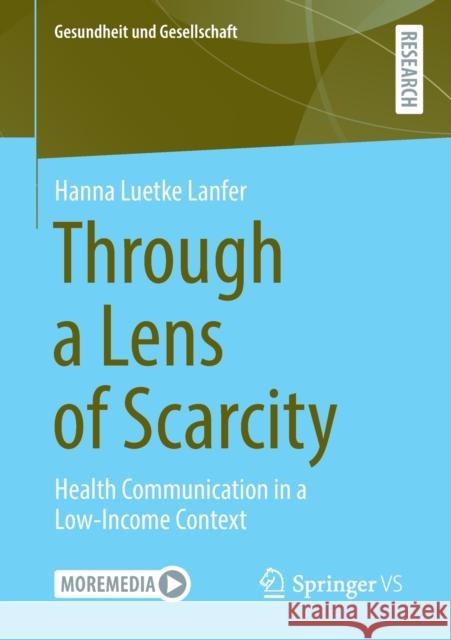Through a Lens of Scarcity: Health Communication in a Low-Income Context » książka
topmenu
Through a Lens of Scarcity: Health Communication in a Low-Income Context
ISBN-13: 9783658349134 / Angielski / Miękka / 2021 / 320 str.
Kategorie:
Kategorie BISAC:
Wydawca:
Springer vs
Seria wydawnicza:
Język:
Angielski
ISBN-13:
9783658349134
Rok wydania:
2021
Wydanie:
2021
Numer serii:
000440565
Ilość stron:
320
Waga:
0.53 kg
Wymiary:
21.01 x 14.81 x 2.34
Oprawa:
Miękka
Wolumenów:
01
Dodatkowe informacje:
Wydanie ilustrowane











